SUMMARY
This is AI generated summarization, which may have errors. For context, always refer to the full article.
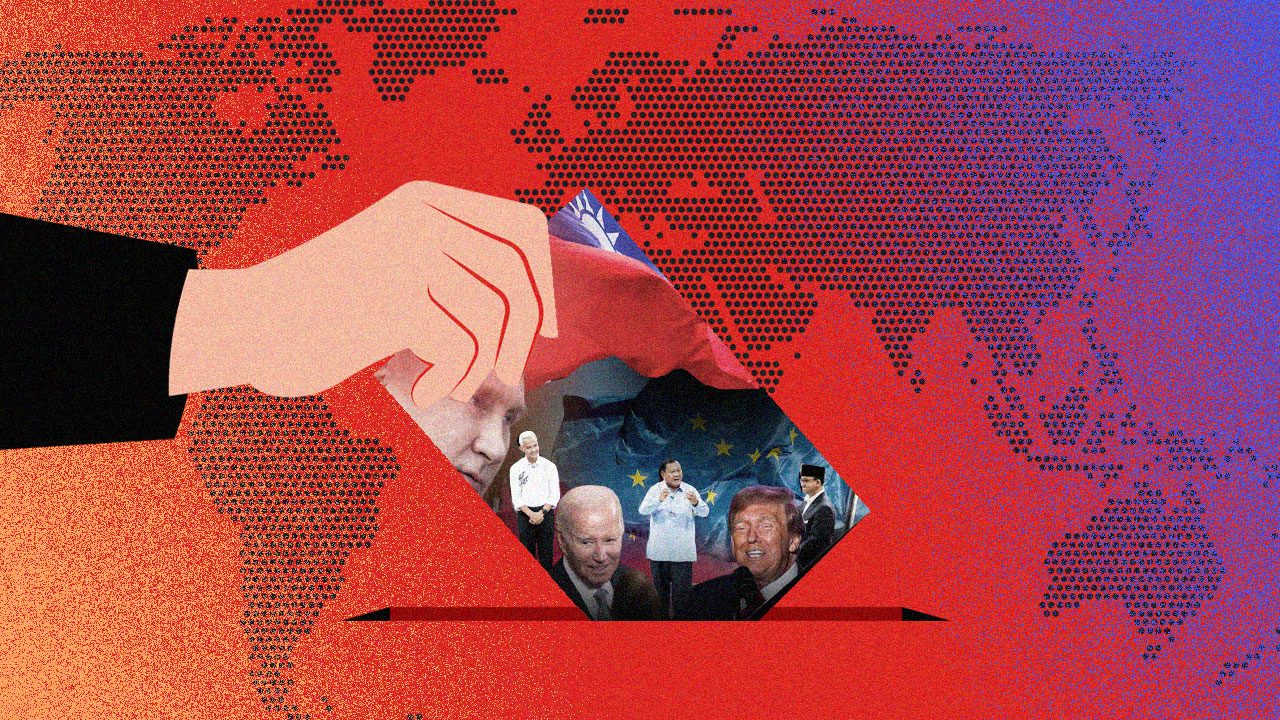
MANILA, Philippines – There will be at least 50 elections in 2024 – with more than two billion voters deciding on the trajectory of not just their own countries but also of the world.
The number of polls in the coming year is “record-breaking,” according to the United States (US)-based think tank Center for American Progress, and with higher stakes than ever before.
America faces the possibility of a return to a Donald Trump presidency, while Taiwan braces for Chinese interference in its polls. And a twice-defeated key player in the disgraced Suharto era is a frontrunner for president in Indonesia, the world’s third-largest democracy.
India, the most populous and largest democracy in the world, is seen to reelect nationalist Narendra Modi.
The 2024 elections in Russia, meanwhile, will test Vladimir Putin’s hold while the rest of Europe will elect legislators who will help shape the region’s direction as wars rage in Ukraine and Gaza.
It will be all eyes on the ballot.

United States: Biden vs Trump
The stage is set for a repeat of the 2020 elections as incumbent US President Joe Biden is seeking reelection, with former president Donald Trump as a possible contender, in the 2024 polls.
Trump is currently leading the Republican nomination race despite facing numerous federal and criminal charges, including those related to tax fraud and the attempted overturn of the 2020 election results which saw him inciting a violent assault on the US Capitol.
A December 2023 Reuters/Ipsos opinion poll found 61% of Republicans prefer Trump as the party’s nominee, with the closest rivals Florida Governor Ron DeSantis and former South Carolina Governor Nikki Haley only at 11% each.
Biden, the oldest US president to occupy office, is widely predicted to win the Democratic nomination and would anchor his reelection “on his stewardship of the economy as it has emerged from the COVID-19 pandemic,” according to a Reuters report.
In 2024, voters will have to decide whether they want to go back to the anti-immigration policies, democracy backsliding, and White nationalism that marked Trump’s America.
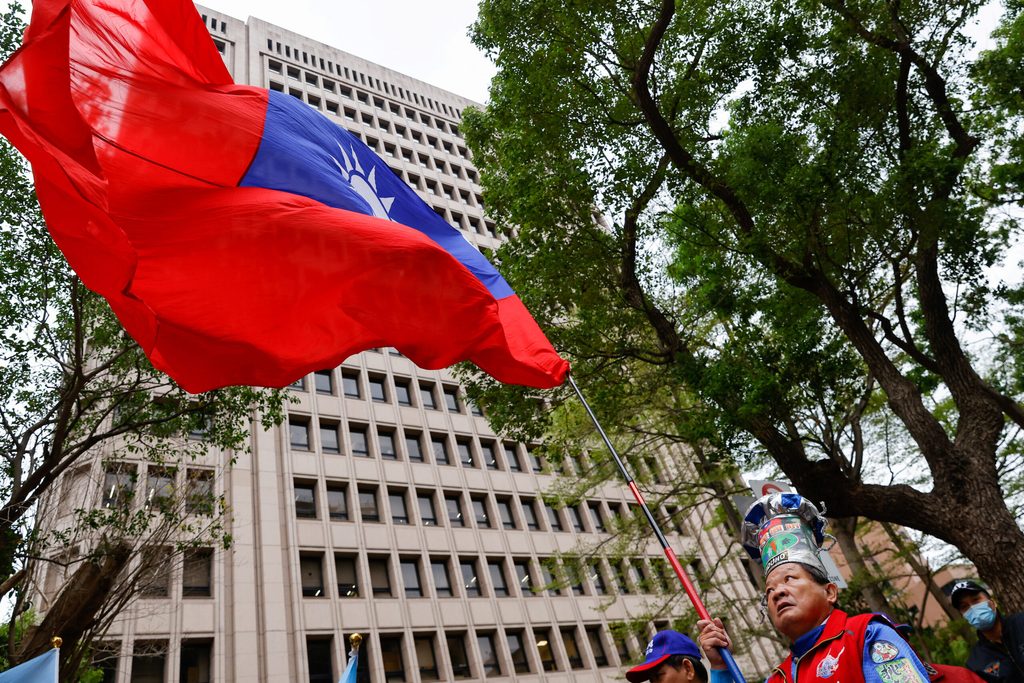
Taiwan: High stakes vs China
On the other side of the Pacific is another race that can either continue or dismantle democratic values. Taiwan is set to vote for a new president on January 13, and whoever will be elected would determine how it will deal with its current icy ties with China.
The stakes in the upcoming polls are so high that incumbent President Tsai Ing-wen, who has hit term limit, recently appealed to the Taiwanese population to remember what happened to Hong Kong. “We don’t want Hong Kong-style peace, we want dignified peace,” she told voters on December 3.
Hong Kong, in recent years, faced tighter Chinese control, cracking down on critics and punishing them with punitive measures.
Of the three leading presidential candidates, it is incumbent vice president Lai Ching-te of the ruling Democratic Progressive Party who is seen as the strongest defender of Taiwan’s independence against China. Taiwan’s elections show that it is a sovereign country and “this is the fact, this is the truth,” Lai was quoted as saying by Al Jazeera in August. “We are already a sovereign, independent country,” he also told TIME Magazine in November 2023.
Hou Yu-Ih, candidate of the main opposition party Kuomintang and current New Taipei mayor, vowed better relations with China as he criticized Tsai’s foreign policy as a “complete failure,” according to a report by Focus Taiwan. Ko Wen-Je, former Taipei mayor and presidential candidate of the Taiwan People’s Party, said that China should make a new proposal if it wants to revive talks.
All eyes will also be on China and its move as the elections near. Taiwanese officials have accused China of interfering and swaying voters to choose candidates who seek closer ties, with the Chinese government allegedly subsidizing trips for politicians. This is on top of the continued and intensified disinformation attacks against Taiwan.
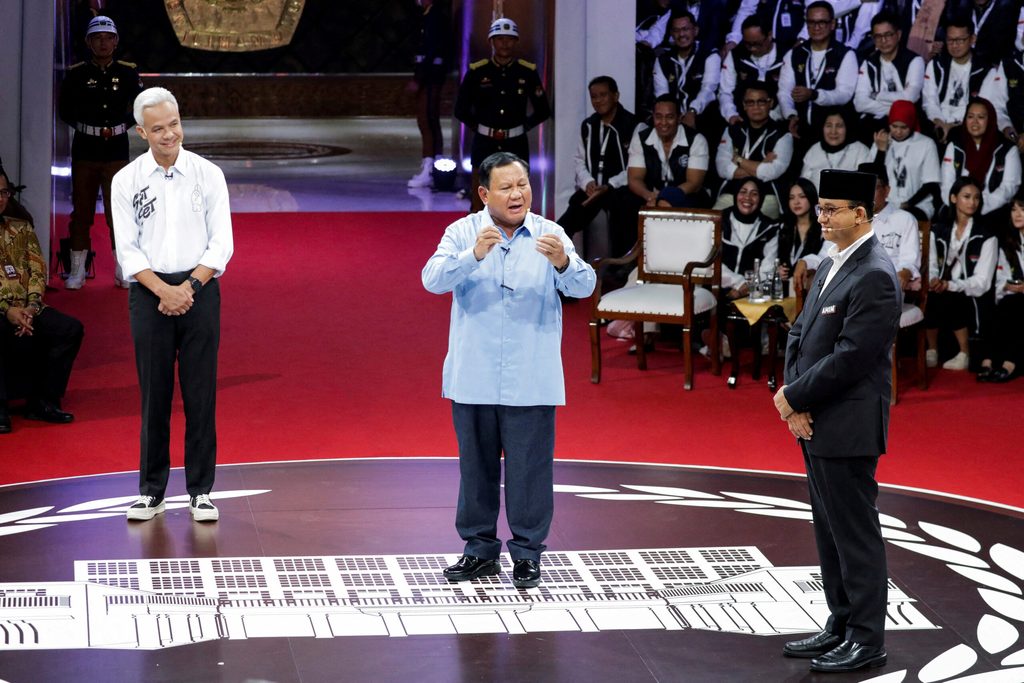
Indonesia: A three-way match for country’s third largest democracy
Indonesia, the world’s third-largest democracy, is set to vote for a new president on February 14, 2024. At least 200 million people – almost half are Gen Zs and millennials – will cast their ballots during the country’s sixth election since the fall of the Suharto dictatorship in 1998.
Leading the pre-election surveys is Indonesian Defense Minister Prabowo Subianto of the Gerindra party, who previously lost to incumbent President Joko “Jokowi” Widodo in the 2014 and the 2019 elections. His running mate is Gibran Rakabuming Raka, the eldest son of his former political rival Jokowi. A constitutional court cleared 36-year-old Gibran to run for vice presidency despite an age requirement of 40 years old, with critics seeing this as a boost of Jokowi’s influence.
A retired military officer, Prabowo was dismissed from service after being accused of human rights violations against student activists during the latter years of Suharto, who was his former father-in-law. In a 2014 piece, Rappler CEO Maria Ressa wrote that Prabowo was “one of the few western influences inside Suharto’s inner circle and identified as a possible successor.”
The other presidential candidates are former Jakarta governor Anies Baswedan and former Central Java governor Ganjar Pranowo. Anies served as culture and education minister from 2014 to 2016 while Ganjar was a two-term legislator.
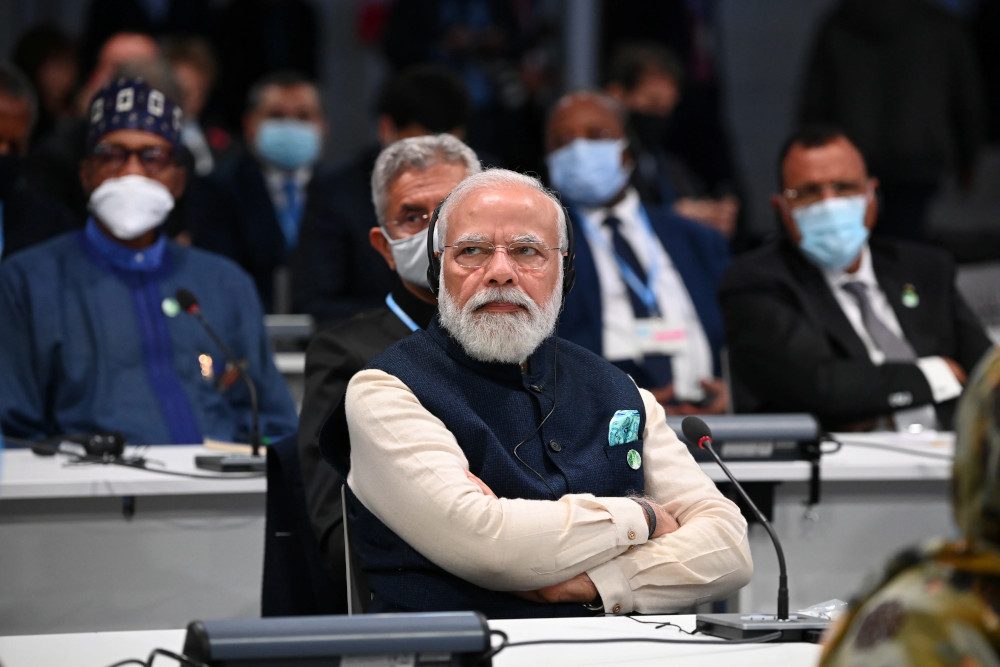
India: Comfortable Modi
Indian Prime Minister Narendra Modi will most likely keep his hold as his Bharatiya Janata Party (BJP) is predicted to emerge on top during the 2024 elections despite emerging opposition alliances.
Modi, who has been in power since 2014, enjoys high popularity that will likely translate into electoral success by May. As reported by The Times of India in early December, Modi had an approval rating of 76%.
Modi’s leadership is credited for introducing new reforms in India, including efforts to increase the country’s online infrastructures to improve government services.
Modi’s BJP and its allies, however, have long been accused of inciting violence against Muslims. According to British think tank Chatham House, “The country’s secular credentials have also been called into question as minority rights have been squeezed.” The tension has also translated to online hate especially in the lead-up to the 2024 elections, according to a report by the Thomson Reuters Foundation.
How will the future play out for the world’s most populous democracy and country?
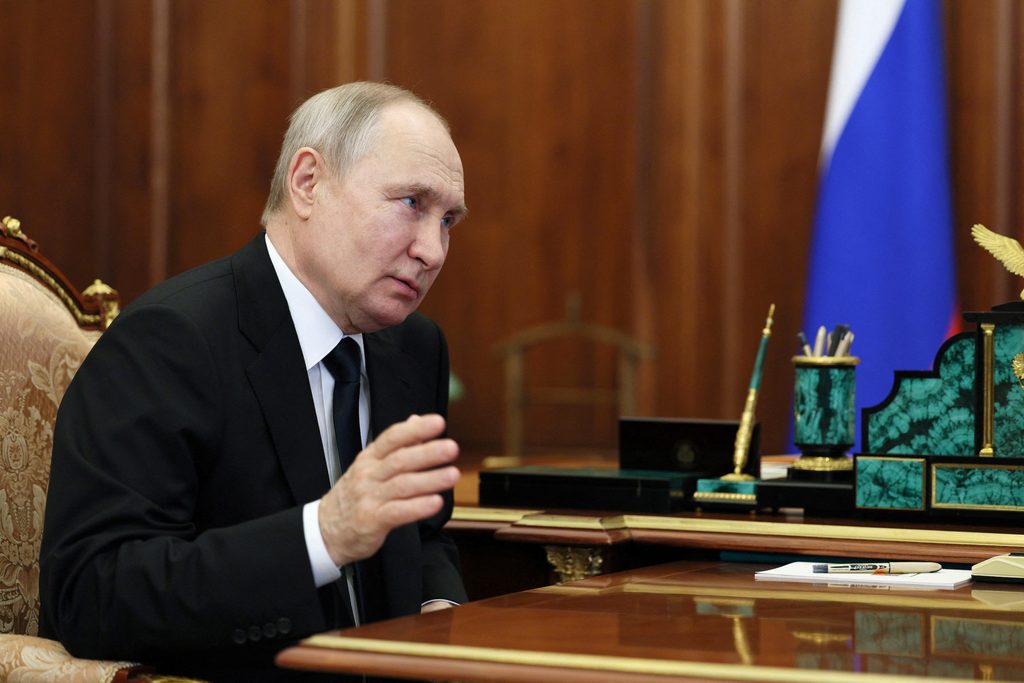
Russia: Still Putin’s game?
Vladimir Putin’s influence and popularity will be tested as he seeks another presidential term in the upcoming March 2024 elections in Russia. He will run as an independent candidate, not under the ruling United Russia (UR) party, which he co-founded, although party officials say he has their full support.
Putin has been in power for more than two decades, serving as prime minister and president since 1998. His likely victory will give him another six-year term.
He has no visible opponent, as the Kremlin has been waging a massive crackdown on dissidents and critics over the years. According to polling by Russia-based Levada Center, Putin still enjoys high approval ratings, hitting 85% in November 2023.
But Putin’s rivals hope that his reelection campaign will at least be affected by ongoing crises, including the war in Ukraine and the declining economy in Russia.
The camp of jailed opposition leader Alexei Navalny wants to focus on these issues given that “it is impossible to beat Putin in the elections.” The aim of the opposition’s campaign, therefore, is “to change the political agenda in Russia.”
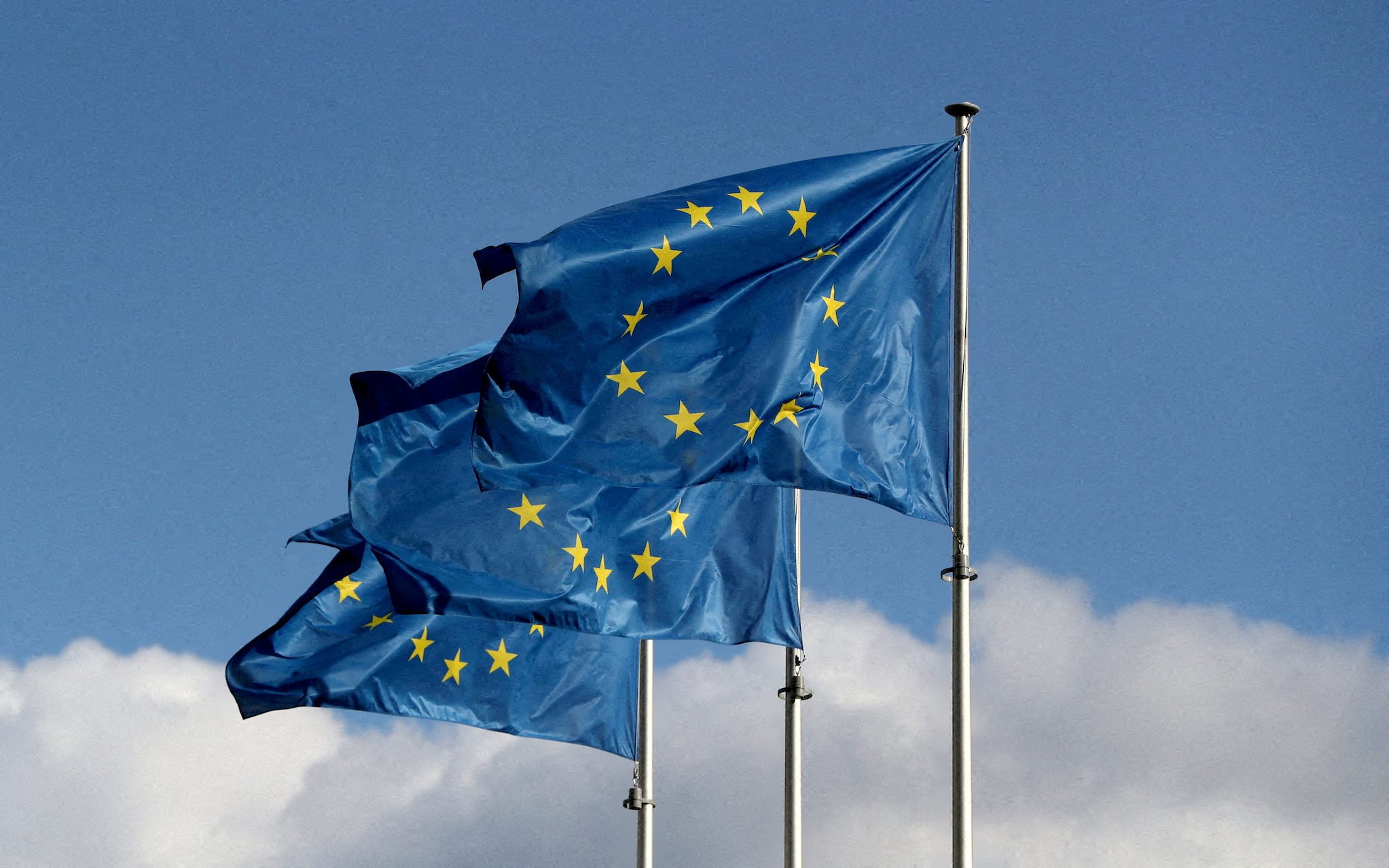
European Parliamentary elections: Will results reflect rise of right-wing leadership?
Europeans will be electing representatives to the European Parliament (MEPs) in June 2024, a vote that is seen to be critical as the region faces unprecedented challenges involving conflict and migrant rights, among others.
For the upcoming elections, 720 MEPs will be elected Each of the 27 EU member-states can have a minimum of six MEPs or a maximum of 96, depending on the “principle of degressive proportionality,” or the size or population of a country.
Once they are elected, MEPs form political blocs within the parliament where they decide on proposed legislations that influence not just life within the region but also its relations with other countries.
The big question that the upcoming elections can answer is whether or not the parliament will also reflect the rise of right-wing parties and leadership across Europe in recent years.
And if that’s the case, what will happen to the ongoing EU response to issues such as the war in Ukraine? – Rappler.com
Add a comment
How does this make you feel?






























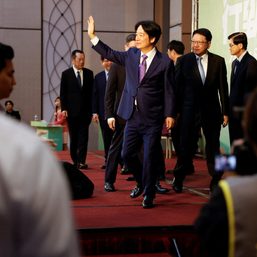
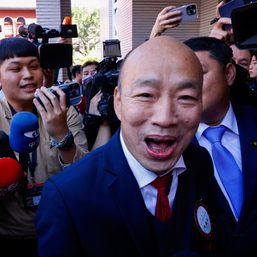


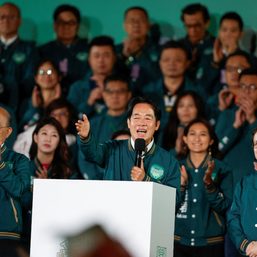








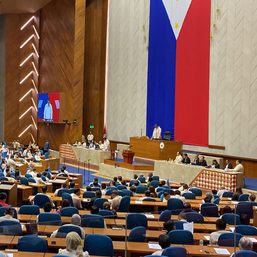

There are no comments yet. Add your comment to start the conversation.